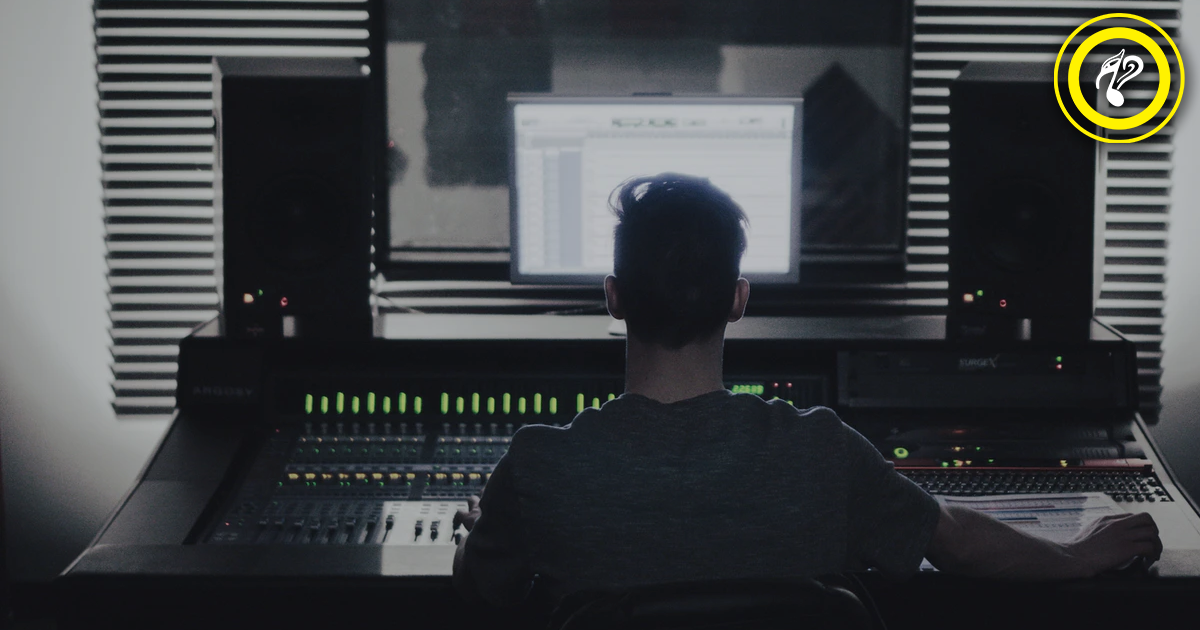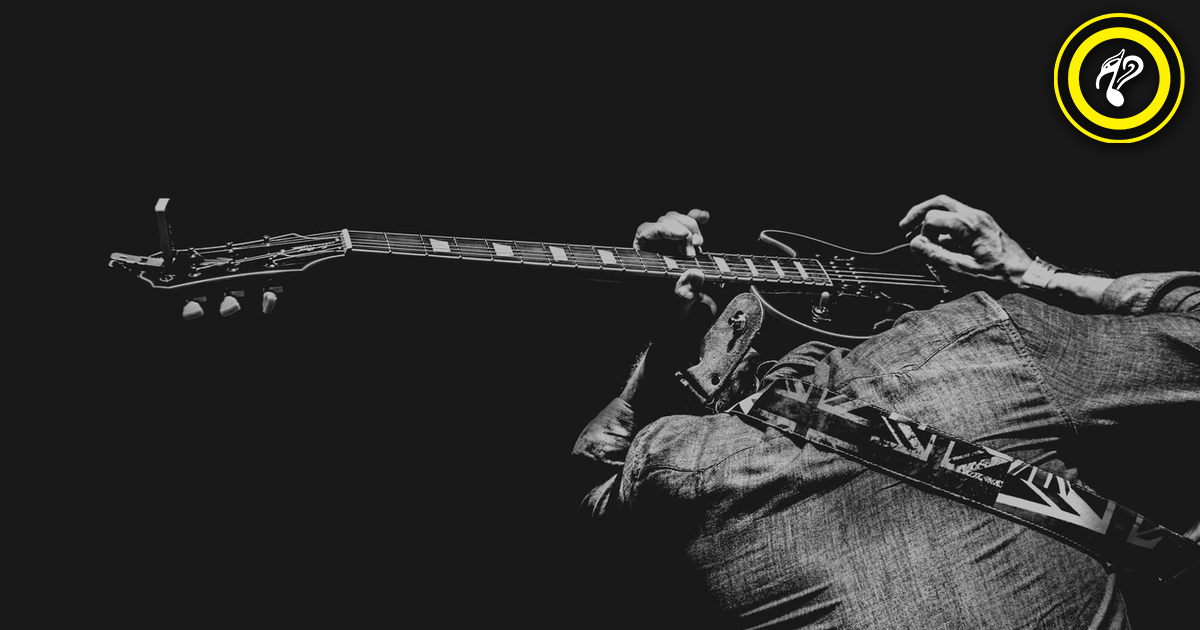Working in the Music Industry
If I want to work in the music industry, what options do I have?

Working in the music industry requires constant growth, where you must continue to adapt and reinvent yourself. To make sure you get more opportunities, you’ll need to study and gain important musical skills that highlight your services. I can tell you for sure that most of us in the industry don’t have a fixed income, and those successful artists with millions of dollars in their bank accounts make up a tiny portion of the entire industry. Working in the music industry is difficult, so you should be prepared to take any opportunity that comes your way.
By living and breathing music, you can find more high-quality jobs. By working hard, your reputation will speak for you which is a great advantage, since most of the opportunities in this industry are obtained from word of mouth. Throughout your career, you’ll likely have different responsibilities, which will give you valuable background and overall general knowledge about music and the music industry. By being a versatile worker, you’ll broaden your horizons and raise your profits.
Music
Instrumentalist: To be considered a musician, you must at least play one musical instrument, whether it’s the violin, the guitar, an accordion, or even your own voice.
Session Musician: These high performing instrumentalists are hired to either record or play live with other artists. In order to be a successful session musician, you must have good sight-reading skills, know solfège, know different genres and have a good sound in each, which you can do by having professional technique and good equipment.
Examples: Steve Lukather (Guitarist for Michael Jackson), Vinnie Colaiuta (Drummer for Luis Miguel), Nathan East (Bassist for Eric Clapton).
Songwriter: Professionals with a deep understanding of the art of writing lyrics, creating hooks (including the dreaded earworm), (link to earworms) melodies, and harmonies that complement each other.
Examples: Sia(Rihanna), John Lennon(The Beatles), Steven Wilson(Porcupine Tree).
Composer: These professionals know how to write, create, and develop ideas into music with ease. By mastering music theory, composition, and having the skill to write in different styles, they can work on films, TV, theater, make chamber music, arrange music, or even play their own creations.
Examples: Hans Zimmer, Mike Oldfield, Rodrigo and Gabriela, Richard Wagner
Arranger: Arrangers create musical arrangements for compositions and songs, with or without lyrics. An arranger decides what and how the musicians will be playing during a piece. They must know about instrumental composition, orchestration, music theory, and have a good understanding of a song's emotional objective in order to nail a musical ensemble.
Examples: George Martin (The Beatles), Rosino Serrano (Camila), Eduardo Magallanes (Juan Gabriel)
Orchestrator: The orchestrator assigns instruments to arrangements or musical pieces. They must know about the different techniques, registers, functions, and combinations of each section of the band. Instrumental composers tend to know about all of this, but in order to become an orchestrator, you need proficiency in writing and reading orchestral scores.
Examples: Michael Kamen (Pink Floyd/Metallica), Maurice Ravel, Stravinsky
Copyist: The musical copyist is in charge of preparing the scores ready for the musician. They know how to transcribe arrangements and orchestrations down on paper, and take the whole musical arrangement and parse it out per instrument. They must know about orchestration, music theory, and instrumentation.
Orchestrators often act as copyists too, as long as they can still meet the deadline.
Music Producer: The role of a music producer is sometimes unclear, but among their tasks, they are in charge of maintaining and enhancing the song's emotional objective (check out our article about music production and emotions here) during the recording, mixing, and mastering of a song. Their job involves keeping a friendly environment for the band, managing logistics and resources, and if they have the knowledge, they’ll be involved in setup, orchestration, or any other necessary production tasks. They are very important people without a fully set role, which fits the saying “if the composer is the song’s mother, the producer is its midwife”.
Examples: George Martin (The Beatles), Alan Parson (Pink Floyd), Quincy Jones (Michael Jackson)

Audio
Sound engineer: The sound engineer is responsible for the technical side of the recording and makes sure that the sound, mixing, and mastering of the recording is at peak quality. They are required to know a great deal about acoustics, audio signal processing, psychoacoustics, microphones, and should have a good handle on the hardware and software needed to produce great sound.
Engineers can work in either live or in a studio.
Examples: Geoff Emerick (The Beatles), Rafa Sardina (Lady Gaga), Terry Date (Limp Bizkit)
Sound technician: A sound technician is in charge of making sure the best possible conditions for the equipment, rooms, and locations are set so the recordings, live shows, voice-overs, etc., come out smoothly. Sound technicians should be experts in both acoustics and hardware.
Art
Photographers: photographers are in charge of taking band or artist pictures in all kinds of conditions, whether for promotion, social networks, or album covers. They need to understand lighting, lenses, framing, resolution, and should have the right equipment to get the job done.
Examples: Ross Halfin (Metallica), Mick Rock (David Bowie), Charles Peterson (Nirvana)
Graphic designers: The classic covers of albums we all know and love wouldn’t exist without the help of these talented artists. Besides concept art design, they can also take care of designing official merchandise, logos, and even an artist’s mascot. They’re experts in branding, corporate identity, editorial design, signage, and information design.
Examples: Gerard Scarfe (The Wall – Pink Floyd), Stanley Donwood (Hail To The Thief – Radiohead), Alex Grey (10,000 Days – Tool)
Costume designers/image consultants: Some bands or artists will require a costume designer or assistant to keep a consistent image. They know about personal marketing, body language, fashion, and can develop a strategy to highlight someone’s strengths while concealing their weaknesses.
Lighting designer: They create the visual identity of the show by using lighting to accentuate essential moments, such as a solo performance or to enhance a song’s vibe. They understand color psychology and know how to operate lighting equipment, regardless of what’s available for them.

Business
Manager: The manager is responsible for guiding the artists’ professional career. Among their responsibilities, they advise and supervise professional and personal matters that may affect the artist's career. They are generally the closest collaborator for the musicians and are in charge of negotiations or hiring.
Examples: Brian Epstein (The Beatles), Sharon Osbourne (Ozzy Osbourne), Tom Parker (Elvis Presley)
Artist Booker (Booking Agent): A booker is responsible for negotiating and scheduling live shows.
Journalists: They are responsible for publishing articles about an artist or events for promotional purposes.
Community Manager: A community manager’s main responsibility is to manage the artists' social networks, constantly creating content to keep the audience engaged.
Copyright Society: These societies protect copyrights in music. They are responsible for collecting the royalties for each concert or reproduction and delivering them to the author.
Examples: SACM (Sociedad de Autores y Compositores de México), SGAE (Sociedad General de Autores y Compositores, ASCAP (American Society of Composers And Publishers)
Live Shows
Stage manager: The stage managers coordinate everything going on onstage; before, during, and after the show.
Roadies: They are the staff responsible for the assembly and disassembly of structures and equipment in all shows during the tours.
Instrument technicians: They are in charge of calibrating, maintaining, assembling, and disassembling the equipment for the instrumentalists. They can also take over the soundcheck if the musician isn’t around.
Sound technicians: The sound technicians are in charge of installing and testing the microphones before the soundcheck. They also solve technical issues throughout the concert.
Pyrotechnic engineer: This team is in charge of fireworks during the show and throughout the tour.
Lighting engineer: They manage the lights following the lighting designer’s idea during a show and operate their console close to the audio engineer to make sure everything is in sync.
Transportation: Both drivers and vehicles are essential for the band, staff, and equipment to move around on tour.

These are just some of the jobs you can have in the music industry, though each specific branch can have many more specialized jobs, like within film scores.
Of course, with the current pandemic, many of these jobs are unfortunately affected.
We tackle these topics in some of our articles, check them out!
- The Pandemic Will Widen the Gap between Artists
- How Is a Concert Organized?
- Online Concerts
- Behind the Scenes of A Virtual Concert
The music industry is a machine that needs help from countless professionals over areas that don’t always involve music. We’ll have to wait and see how well the industry fares and adapts to “the new normal”.
We wish everyone in the music industry the best during this difficult time. Don’t forget to support your local artists! This also helps the people who work with them.
Did we miss a job on our list? Do you work in the music industry?
We’d love to hear from you!
If you enjoyed the article, you'll love these games:







